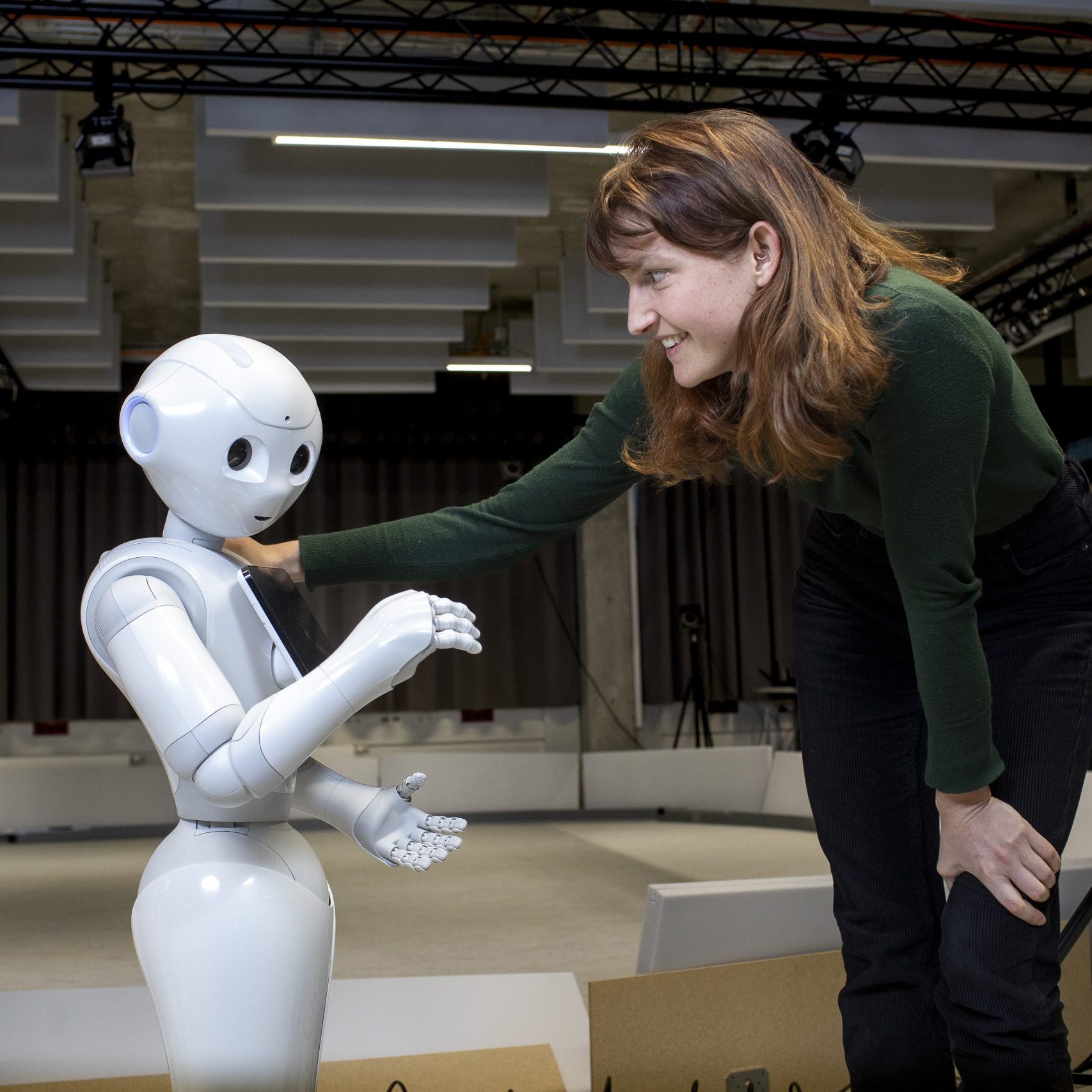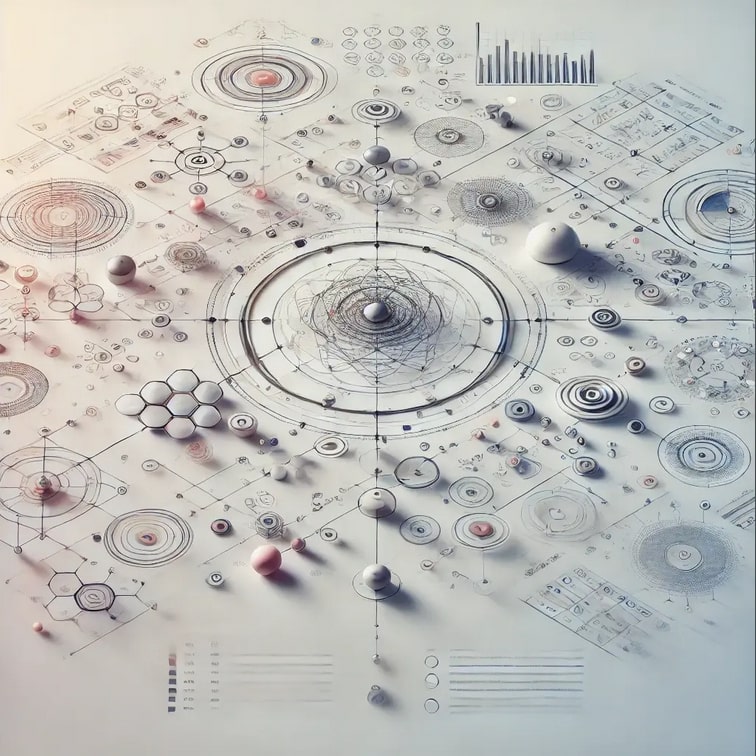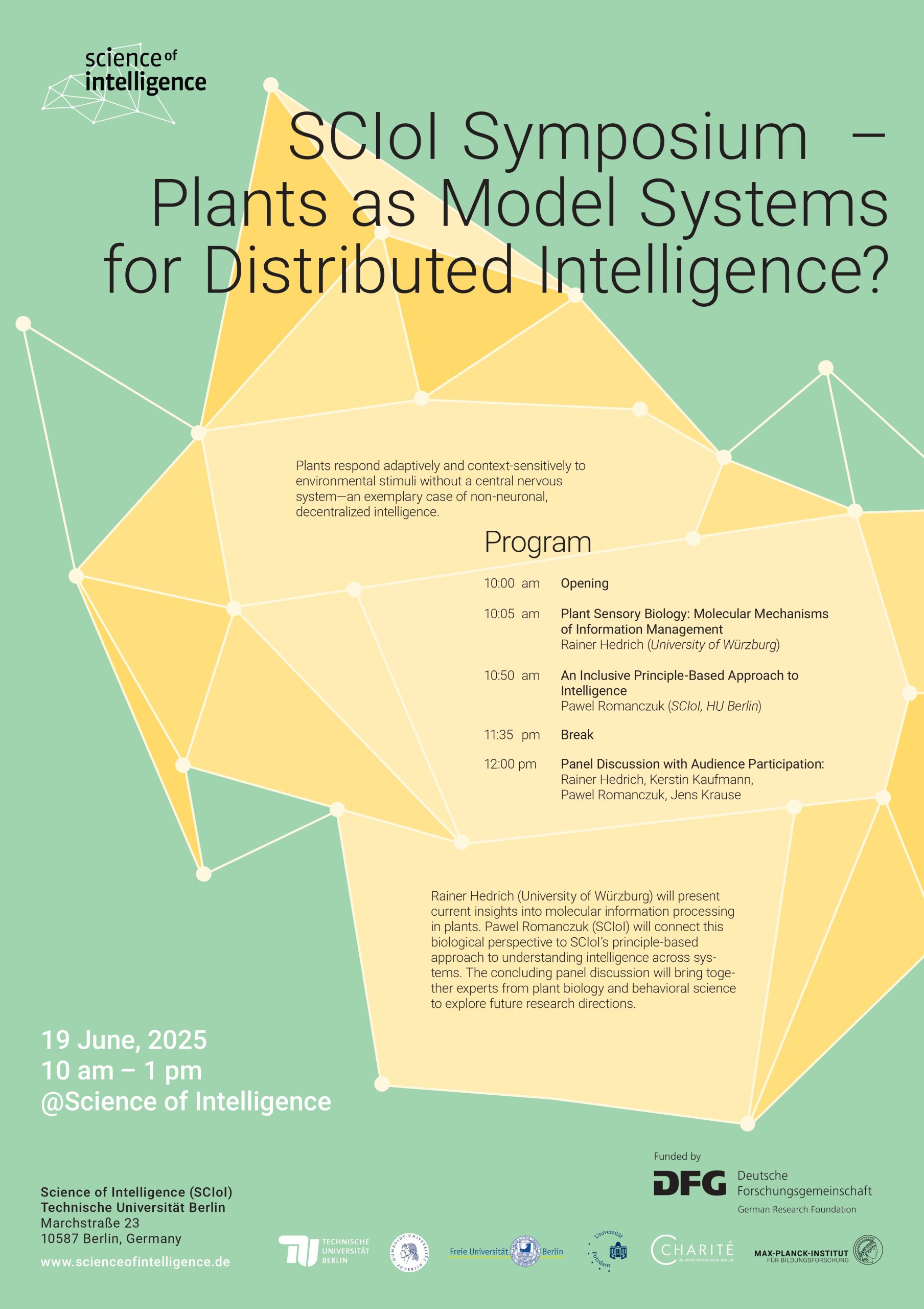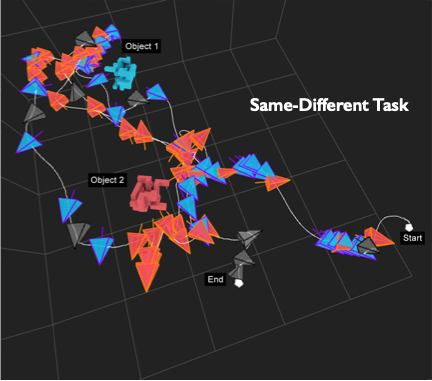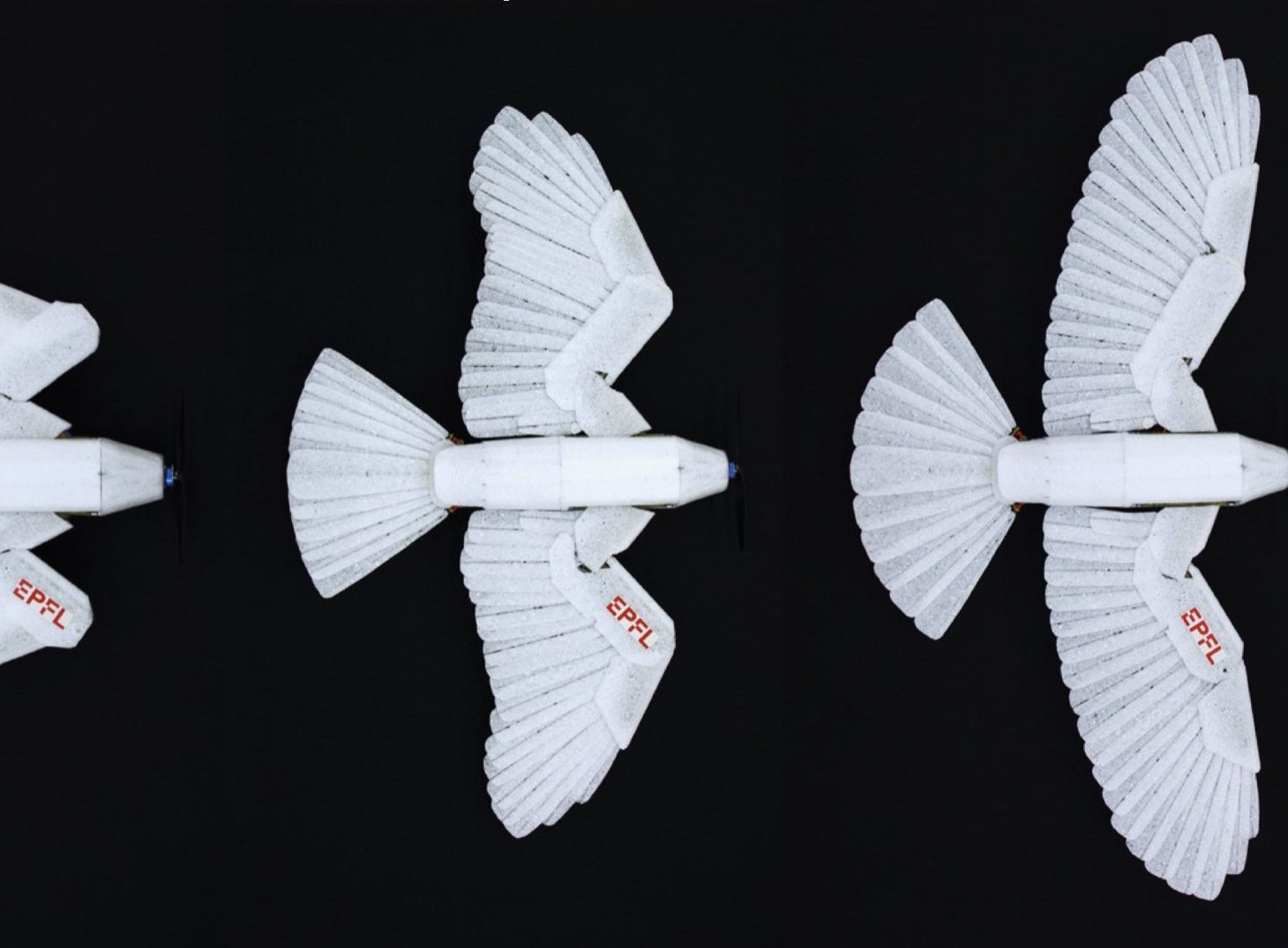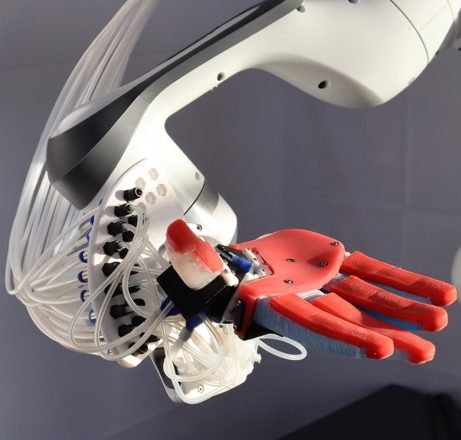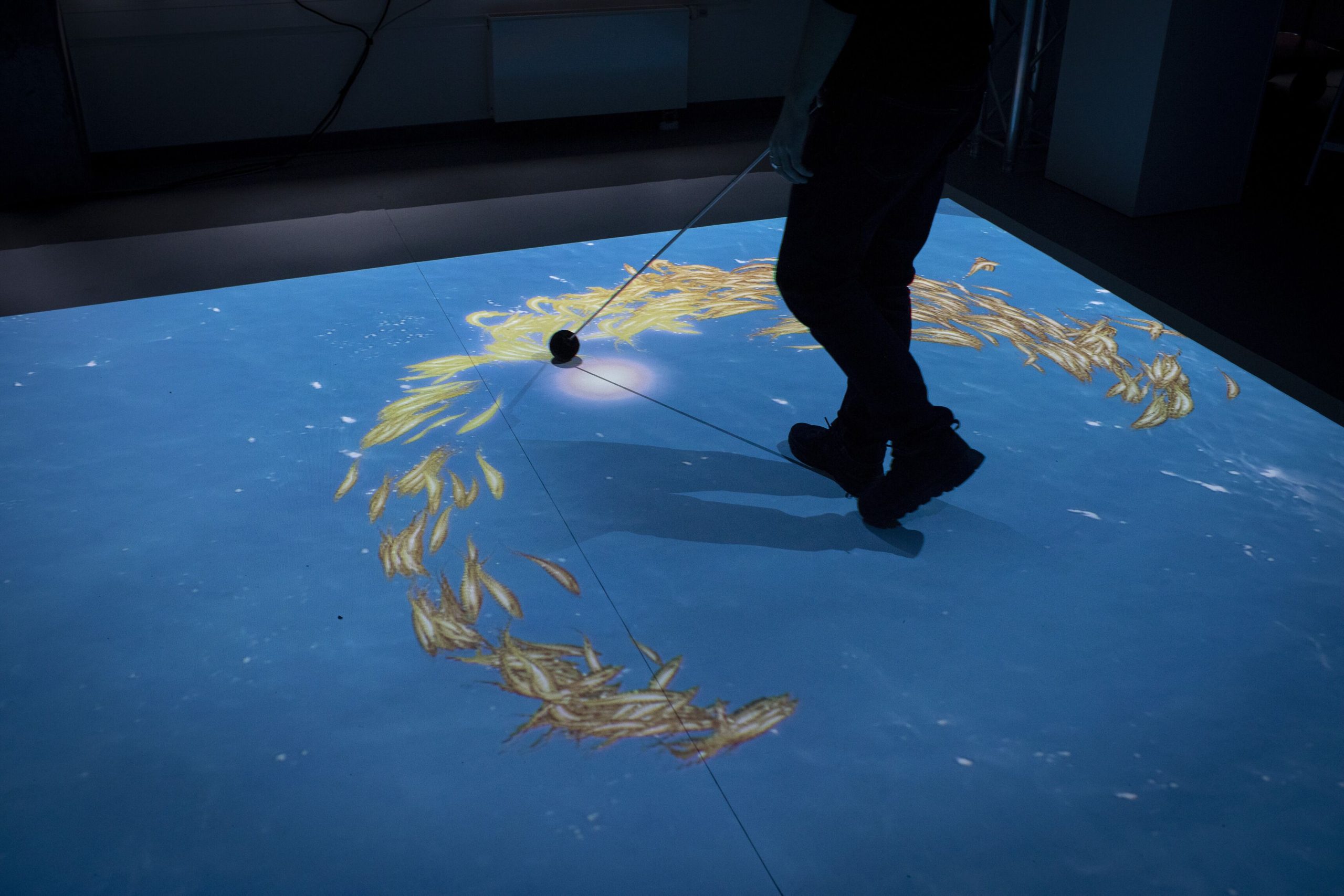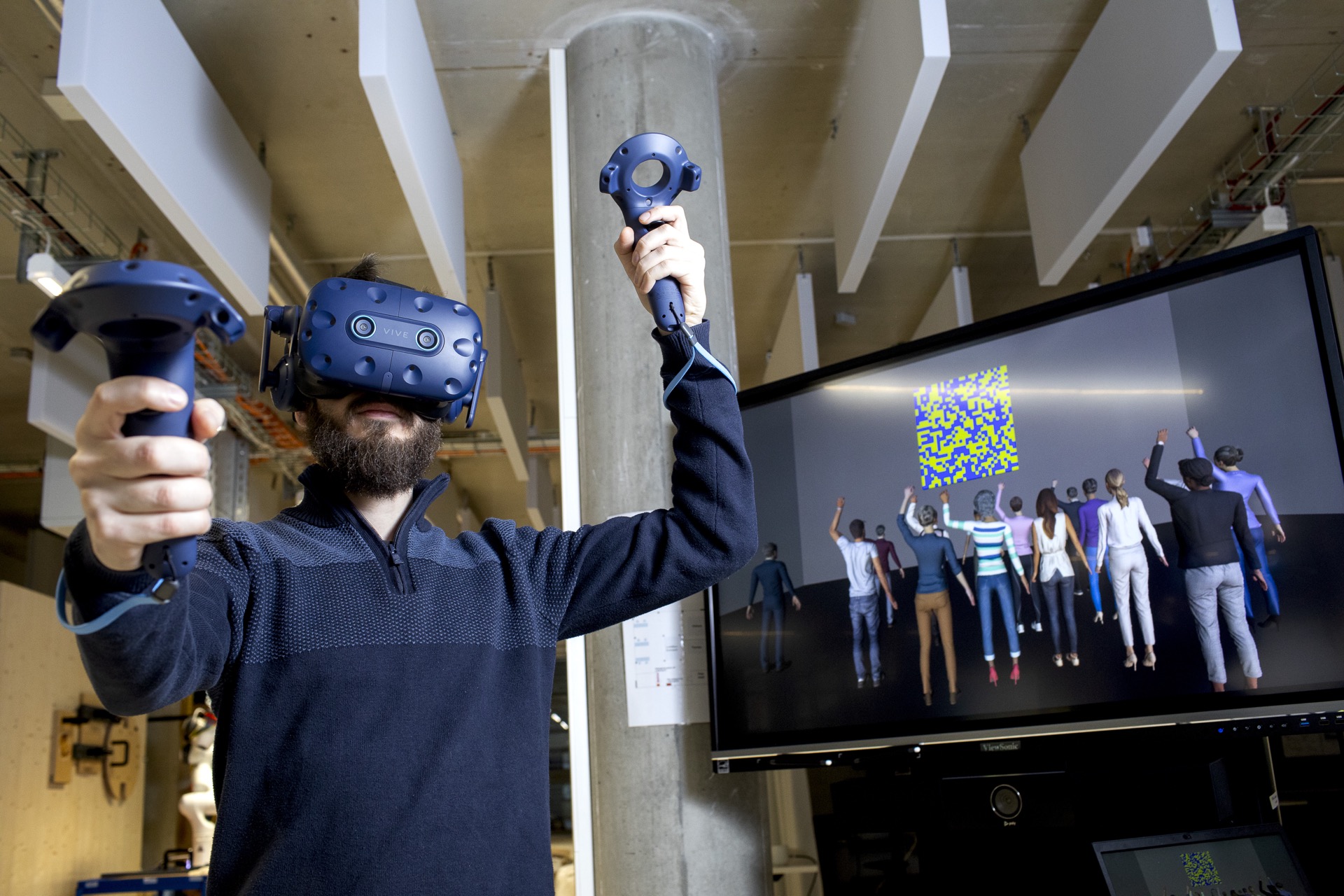
Andrew J. King (Swansea University),”Understanding Animal Collective Behaviour Across Systems”
SCIoI, Marchstraße 23, 10587 Berlin, Room 2.057Andrew King is a scientist driven by curiosity, exploring questions across species, contexts, and methods. His research group investigates how and why individuals engage in collective behaviour, using a wide range of systems, perspectives, and tools. In this seminar, he will present their fundamental work in behavioural biology, as well as its applied themes, including

